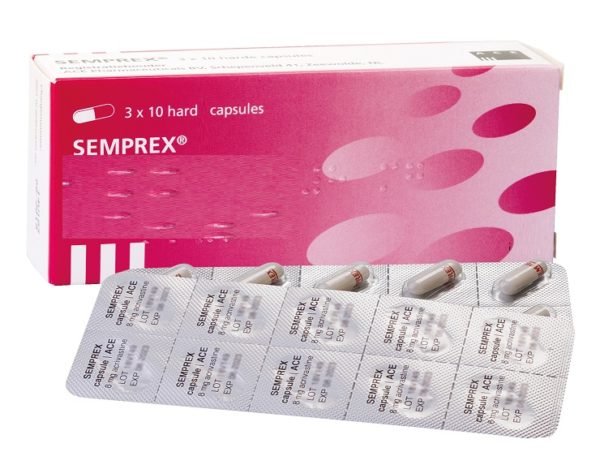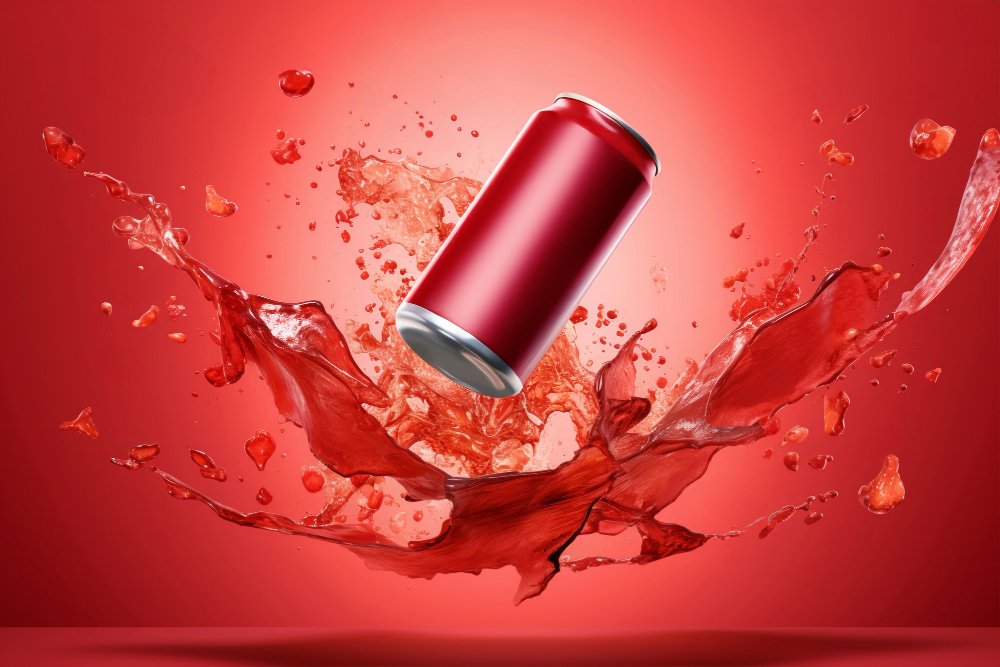An anti-allergy drug called acrivastine is used to treat the symptoms of allergies such as hay fever and chronic idiopathic urticaria.
Acrivastine has a rapid onset of action and is, therefore, suitable on an as-needed basis. however, because of its short half-life, it should be taken three times a day compared to cetirizine which has a once-daily dosage.
It has been found to be effective in a variety of allergic disorders. These include:
- chronic idiopathic urticaria
- symptomatic dermographism
- seasonal allergic rhinitis
- cholinergic urticaria or idiopathic acquired cold urticaria
It has been found to be less effective in patients with seasonal allergic rhinitis.
However, when combined with pseudoephedrine (Semprex D) it relieves nasal congestion, nasal discharge, and sneezing.
Acrivastine alcohol combination:
- Studies have found variable results. One study demonstrated an increase in the central nervous system depressant effect when it is given with alcohol.
- Another study did not report any difference between the alcohol group and the alcohol-acrivastine group. Overall, the CNS depressant effect is minor.
Acrivastine vs Cyproheptadine:
- Studies in patients with idiopathic cold urticaria have found acrivastine to be superior to cyproheptadine with minimal side effects such as drowsiness.
Acrivastine vs hydroxyzine and triprolidine:
- Patients with cholinergic urticaria were studied. The study concluded a significant improvement in the acrivastine treated patients compared to hydroxyzine.
- Similarly, it was found to have less CNS depressant effect than triprolidine.
Acrivastine vs Cetirizine and loratadine on histamine-induced wheal and flare responses.
- The efficacy of acrivastine, cetirizine, and loratadine was studied to see their effect of histamine-induced wheen response.
- It was concluded that acrivastine had a faster clinically significant response than cetirizine and loratadine.
- However, cetirizine was more effective at four and six hours than the other two drugs.
- It was concluded that cetirizine had a more effective and long-lasting suppression on wheal and flare reactions than loratadine and acrivastine.
Acrivastine vs Fexofenadine and Cetirizine:
- Because of the rapid onset of action, compared to cetirizine and fexofenadine, acrivastine should be used in emergency settings when an anti-allergic response is needed.
- Therefore, it is recommended over other antihistamines in situations such as bee stings and hypersensitivity reactions.
Acrivastine 8 mg dosage in Adults:
- The recommended dose is 8 mg three times a day in UK and four times a day in US.
Acrivastine pseudoephedrine 8/60 mg:
- It is given as one tablet thrice daily
- The sustained-release formulation 12/90 mg is given as one tablet twice daily.
Acrivastine dosage in Children:
- children 12–17 years of age: 8 mg 3 times a day No dosage information available for children less than 12 years of age.
Pregnancy Risk Factor - B
- Its use in pregnancy is restricted, so other antihistamines are recommended.
- Antihistamines can be used safely during pregnancy, provided they are taken in the recommended dosages.
Use during Breast-Feeding.
- It is not known if breast milk will absorb it.
- It is important to weigh the benefits and the risks. Alternatives that are safer should be considered.
Renal Dose:
- Avoid its use if the creatinine clearance is less than 48 ml/minute.
Dose in Liver disease:
- The manufacturer has not recommended any dosage adjustment in liver disease.
Acrivastine side effects:
- Antimuscarinic effects
- Anaphylaxis
- angioedema
- angle-closure glaucoma
- arrhythmias
- gastrointestinal disturbances
- headache
- psychomotor impairment
- blood disorders
- bronchospasm
- dizziness
- hypotension
- tremor
- confusion
- convulsions
- depression
- blurred vision
- palpitation
- photosensitivity reactions
- extrapyramidal effects
- hypersensitivity reactions
- rashes
- sleep disturbances
- dry mouth
- urinary retention
- drowsiness
- liver dysfunction
It is a nonsedating newer antihistamine. It does not cross the blood-brain barrier, however, sedation may occur which may improve after a few days of treatment.
Contraindications:
- Acute porphyrias, patients with epilepsy and elderly patients should avoid it.
- Individuals with hypersensitivity to it should avoid it. Triprolidine allergy sufferers should be advised to stop using it.
Monitor:
- Monitor Blood CBC and Liver function tests. Avoid operating heavy machinery while using sedative antihistamines.
How to take the tablets?
- Preferably, it should be taken with meals.
Mechanism of action:
- It is an analogue to triprolidine, and is thought to be less sedative than traditional antihistamines.
- It blocks H 1-receptor websites, inhibiting histamine activity. It is rapidly absorbed, half of which is bound to albumin, and minimally metabolized in the liver.
Peak action takes 1.1 hours, and half-life takes 2 - 4 hours
Acrivastine brand names (International):
Duact
Semprex-D (in combination with pseudoephedrine)
Brands in Pakistan:
Acrivastine is not available in Pakistan.




